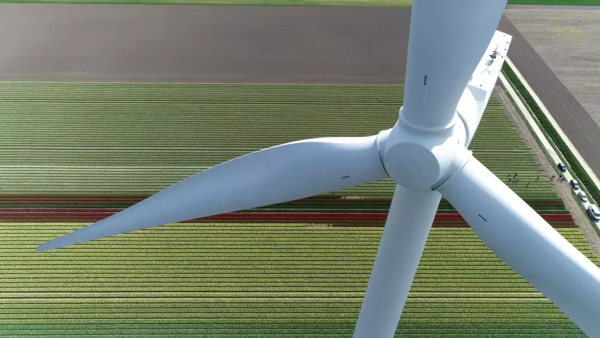The Intergovernmental Panel on Climate Change released its third report in a series on climate change. This one focused on the way to net-zero by 2050. The report surprised many, revealing that carbon emissions need to peak by 2025 at the latest to keep global warming as close to 1.5C as possible.
Major mitigation steps will be needed by governments, communities, and industries to reach those goals and will rely on existing technologies as well as future ones to capture carbon, to find alternative means of production that do not produce harmful emissions, and to offset emissions.
“Progressing towards net-zero GHG emissions from industry will be enabled by adopting new production processes using low and zero GHG electricity, hydrogen, fuels, and carbon management,” the authors of the report wrote in the press release for policymakers.
Tackling the emissions problem is one that needs to be done on a broad scale, taking into account the entire chain used by a company, and will require large, necessary investments to reach those goals.
“Net-zero CO2 emissions from the industrial sector are challenging but possible. Reducing industry emissions will entail coordinated action throughout value chains to promote all mitigation options, including demand management, energy and materials efficiency, circular material flows, as well as abatement technologies and transformational changes in production processes,” the authors wrote.
There has been a bevy of funds that have sprung up around the transition to a net-zero emissions way of life, from carbon credits to divesting from the worst offenders, but KraneShares has taken a unique approach in the latest fund added to its climate suite, the KraneShares Global Carbon Transformation ETF (KGHG).
The fund seeks to capture the true potential within the carbon transition by focusing on companies from within industries that are traditionally some of the highest emission offenders but that are on the precipice of transitioning to renewable technologies. These companies that are set to disrupt their industries would benefit greatly from being leaders in the transition, as the cost of carbon emissions will only become more expensive, cutting into the bottom line as demand decreases for high emissions offenders.
KGHG is an actively managed fund that invests globally across market caps in sectors in carbon emissions reducers that are taking active steps to reduce their carbon footprints and services or the carbon footprints of other companies. This also includes companies within the supply chain of the carbon-reducing companies and companies that are growing their businesses with companies that are materially reducing carbon emissions.
The fund utilizes proprietary, fundamental, bottom-up analysis using information disclosed by companies and third-party data. Companies invested in include Reliance Industries Limited, an Indian conglomerate energy company, at 3.65%; Fortescue Metals, an Australian iron ore company, at 3.58%; and Contact Energy, a New Zealand electrical and natural gas company, at 3.43%.
KGHG carries an expense ratio of 0.89%.
For more news, information, and strategy, visit the Climate Insights Channel.

